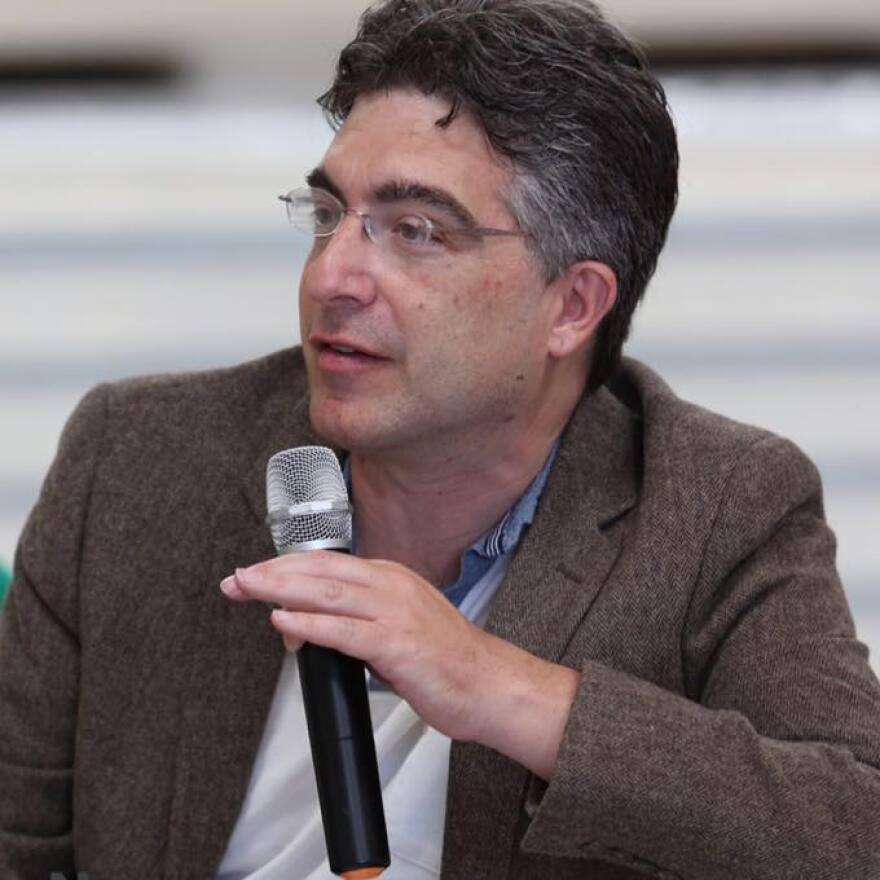Commentary: “A mission for Gabriel, to be executed with the utmost care and attention,” the scroll began.
At age 11, it was high time for my son to go to the store by himself. Yet there was a good chance he would balk.
Luckily, I had recently finished reading “The Hobbit,” that paradigm of reluctant hero stories, to my children. New experiences and challenges are seldom to Gabriel's taste, rather like dear Bilbo Baggins, unless we frame them so as to capture his imagination.
So I presented his first solo excursion as a quest.
First I wrote a list of instructions in my best imitation of Chancery script with calligraphic flourishes, rolled the paper up and affixed a wax seal. In a basket, I arranged the “scroll” and an envelope containing some cash with a folded-up tote bag, and left it for him to stumble upon.
We are long way from the early 1980’s, when my own parents handed me money and asked me to walk up the hill to the store for a gallon of milk, starting when I was 9.
This was common. My cohorts walked to school or the public library alone or in groups, ran errands and roamed around town for hours on end — all without mobile phones.
“Now journey to Walgreens castle, using the crosswalk for safety, for Pine Street can be a reckless place and dangerous for boys on foot...”
Parenting has gone through more than one shift since then, related to changing perceptions of the world: from "helicopter parents" shielding their children from a dangerous world to “free range parents” encouraging more freedom and self-reliance in a world that, numerous studies show, is generally safer than when I was a kid.
All the same, I tailed my kid, staying two blocks away so he did not see me. If he encountered anything he couldn’t handle, I would be there; but mainly I wanted to see how he handled himself.
I also stopped to explain to a concerned neighbor that my son was not lost or running away from home, he was just being a person.
“Procure (that means ‘buy’) a can of chicken noodle soup for your ailing mother … if need be, the inhabitants of Walgreens castle will assist you.”
Parenting is teaching, and it conveys the parents' theory of the world and of people. In our house, the theory is that the world holds risks and dangers, but it is not a hostile or inherently dangerous place. Human beings are peculiar and some are best avoided, but most are kind enough. They are not orcs, at any rate.
Young people can prepare for contingencies and move safely about their community, because it is theirs, too, and they are capable.
If the world is held as so dangerous that they can’t be on their own, they have little opportunity to practice responsible decision-making; to reason, to solve unexpected problems, to think creatively and ethically.
Developing those capacities for character, action and judgment is not only for their own benefit, but has a social purpose.
Various news stories lately demonstrate a need for more beneficent and competent adults, for the sake of a humane and democratic community. Training for that starts early.
“Bring the soup and remember the change; find your way home safely.”
Gabriel came home feeling successful and assured in himself. He even spun a tall tale about his adventure, much to his storyteller father's approval.
From here, it is my job to introduce more chaos to the routine. Next time, he has to find a shortcut.


